Do you have any concern?
It is normal that the COVID-19 crisis can cause stress, anxiety, and fear. It is also possible that your sleep will be disrupted during this time, particularly if you are questioning yourself about the safety of using your Continuous Positive Airway Pressure (CPAP) or if you changed your device’s compliance.
The American Academy of Sleep Medicine (AASM) answered eight frequent questions that you might have!
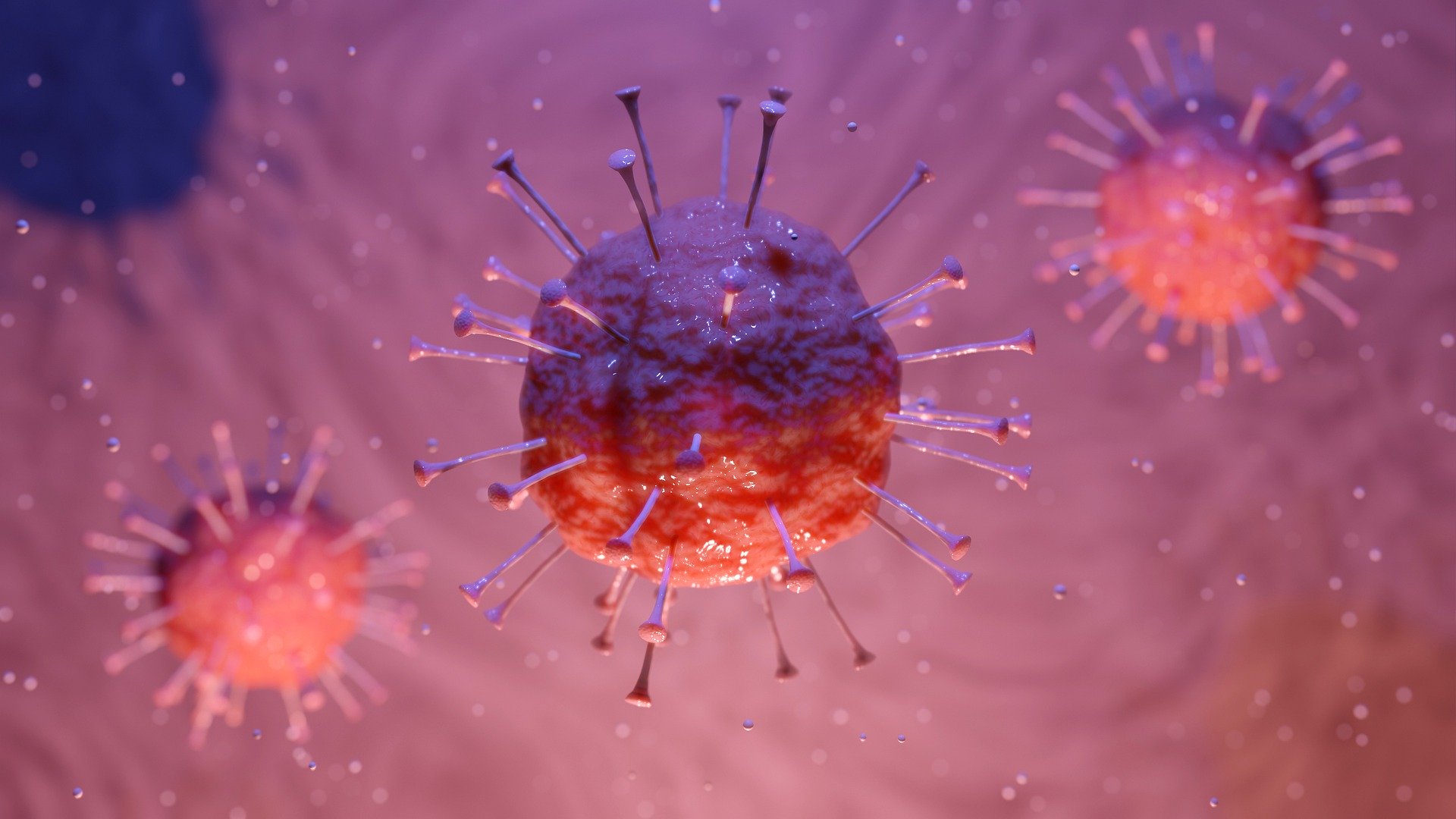
1. Do I have a higher risk of getting coronavirus because I have sleep apnea ?
There is no evidence linking sleep apnea with coronavirus risk. People who have a higher risk for severe illness from the coronavirus include:
- Those who are 65 years of age or older
- Those who have serious underlying medical conditions. These conditions include:
-
- Chronic lung disease
- Moderate to severe asthma
- Serious heart conditions
- Severe obesity with a body mass index (BMI) of 40 or higher
- Diabetes
- Chronic kidney disease
- Liver disease
-
- Those who have a medical disorder, or take a medication, that weakens the immune system.
- Those who have had close contact with another person who has the coronavirus.
2. If I have symptoms of the coronavirus, should I continue using my CPAP?
- Wash your hands thoroughly with soap and water before and after handling the CPAP device, mask, tubing and filters.
- Clean your CPAP equipment according to manufacturer’s instructions.
- Change filters and accessories as directed in your CPAP user guide.
- Avoid letting anyone smoke in your home, especially around the CPAP machine.
- Keep pets away from your CPAP machine.
- Use distilled water in your humidifier to keep the tub clean.
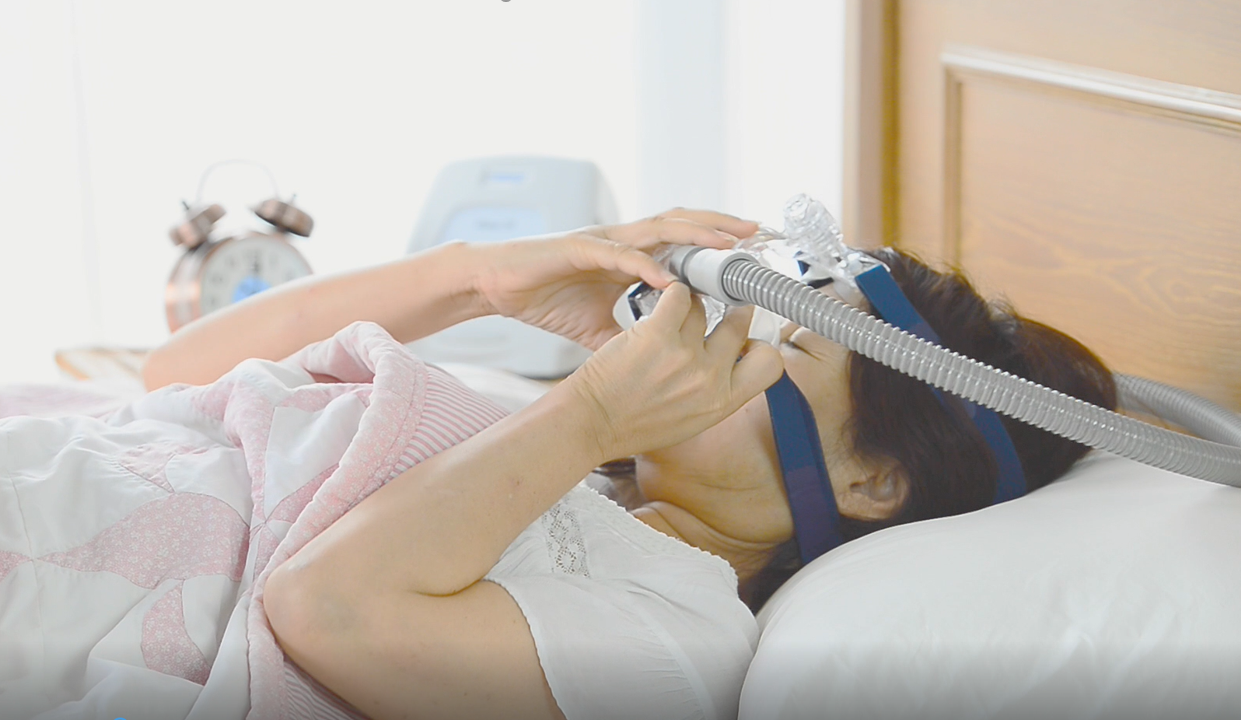
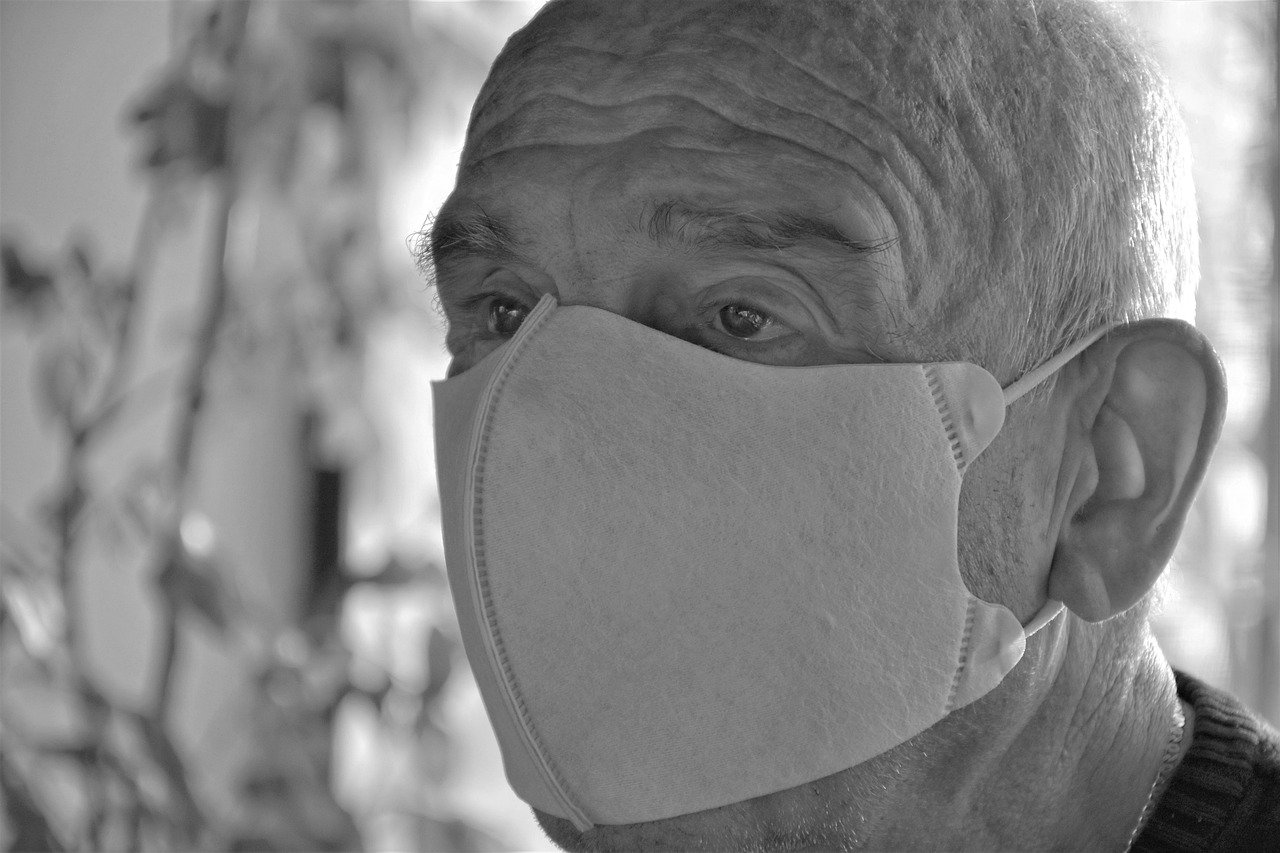
3. If I have symptoms of the coronavirus, will using CPAP spread the virus to others?
Current evidence suggests that the virus that causes COVID-19 spreads between people who are in close contact with one another (within about 6 feet/ 2-meter distance). It is transmitted through respiratory droplets produced when an infected person coughs or sneezes. However, there is some concern that using CPAP could spread the virus through the exhalation port, which allows carbon dioxide to escape from your mask. This port also may release smaller virus-containing particles as an “aerosol,” which can remain suspended in the air for a few hours. It’s possible that your bedpartner could inhale these virus particles. Therefore, it is important to sleep alone by isolating yourself in a separate bedroom. You can continue to use CPAP while sleeping in this recovery room.
The virus also can remain on surfaces for a long time. Others could get the virus by touching an infected surface and then touching their own mouth, nose or eyes. Be sure that you routinely clean “high-touch” surfaces in your recovery room and bathroom. This includes include phones, remote controls, counters, tabletops, doorknobs, bathroom fixtures, toilets, keyboards, tablets, and bedside tables.
4. Should I use CPAP if I have symptoms of the coronavirus but can’t self-isolate?
If you have symptoms of the coronavirus but are unable to isolate yourself in a separate bedroom, then you should contact your medical provider. Ask your medical provider if there are short-term interventions or alternative treatments for sleep apnea that could help you while you recover from the coronavirus.

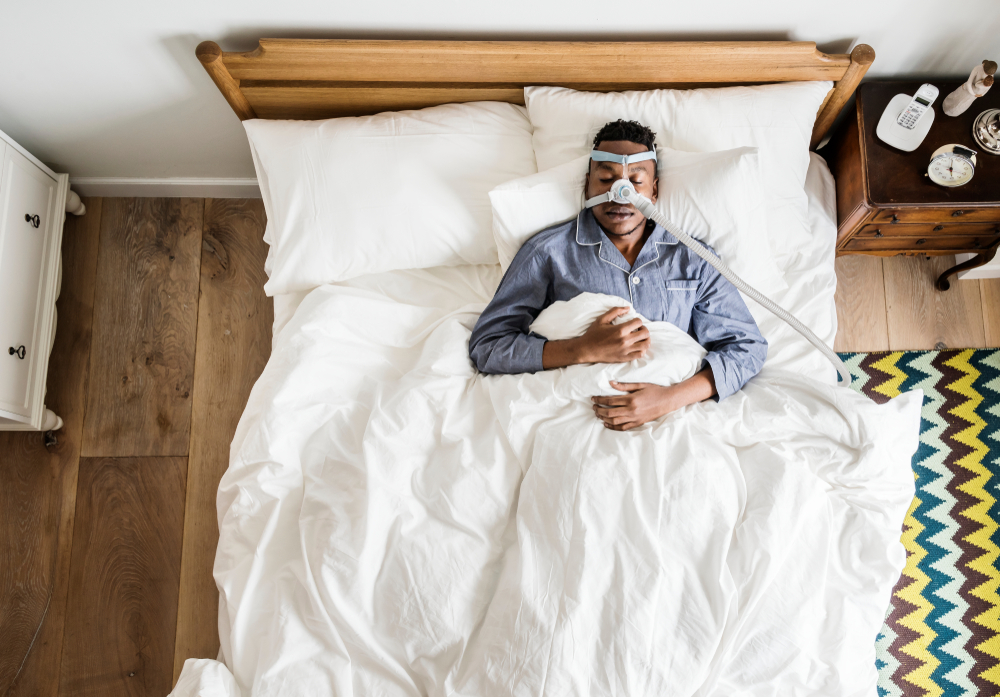
5. If I have the coronavirus, will my CPAP be helpful for my breathing? Or could CPAP cause the coronavirus to get worse?
If you have the coronavirus, you should continue using CPAP while sleeping alone in a separate bedroom. There is no evidence that using CPAP will cause the coronavirus to get worse.
6. If I have the coronavirus, how should I clean and disinfect my CPAP mask and hose?
It is recommended that you clean and disinfect your medical equipment according to the manufacturer’s instructions. The directions for CPAP masks and hoses normally include regular cleaning with soap and water.
Health Canada recommends that you clean and disinfect frequently touched surfaces in your household. This includes door knobs, light switches and handles. Learn more from Health Canada about how to clean and disinfect your household.
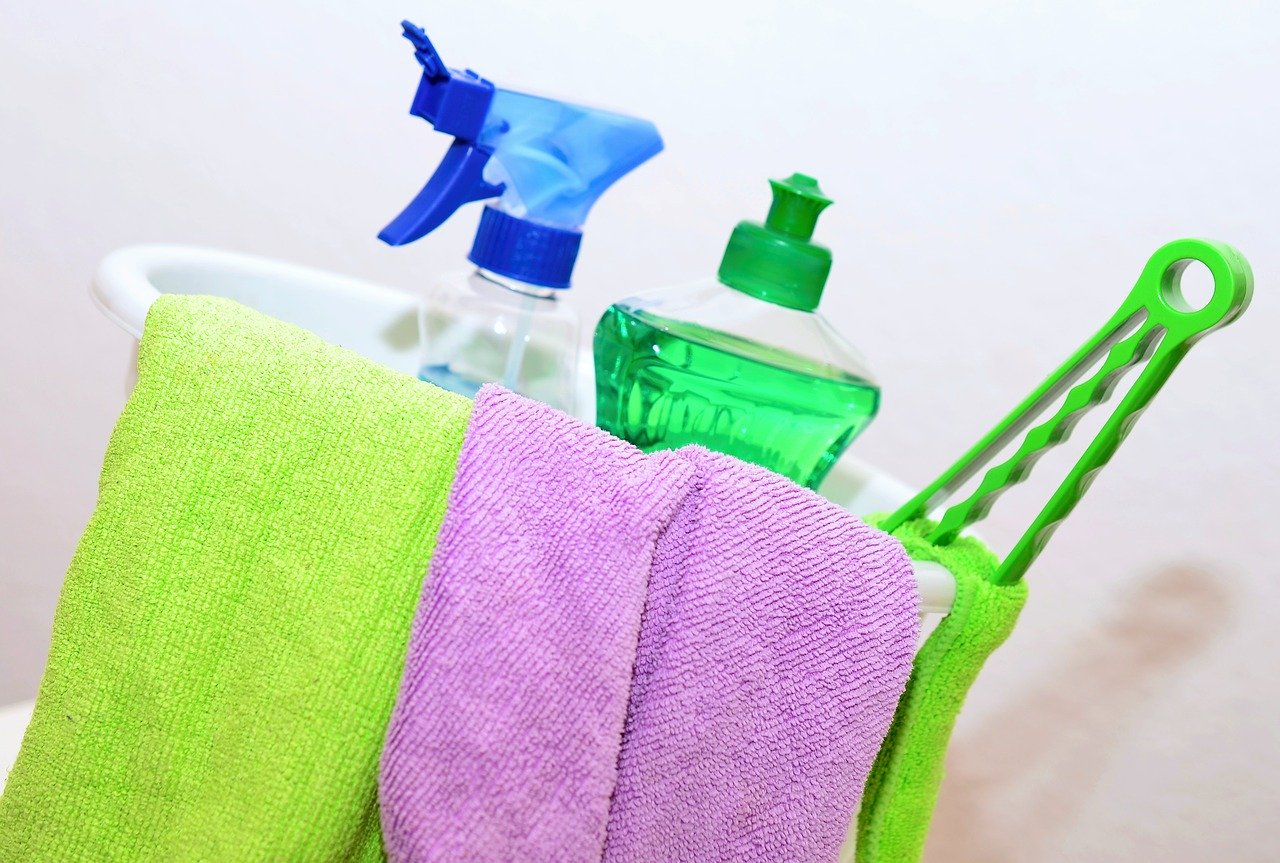
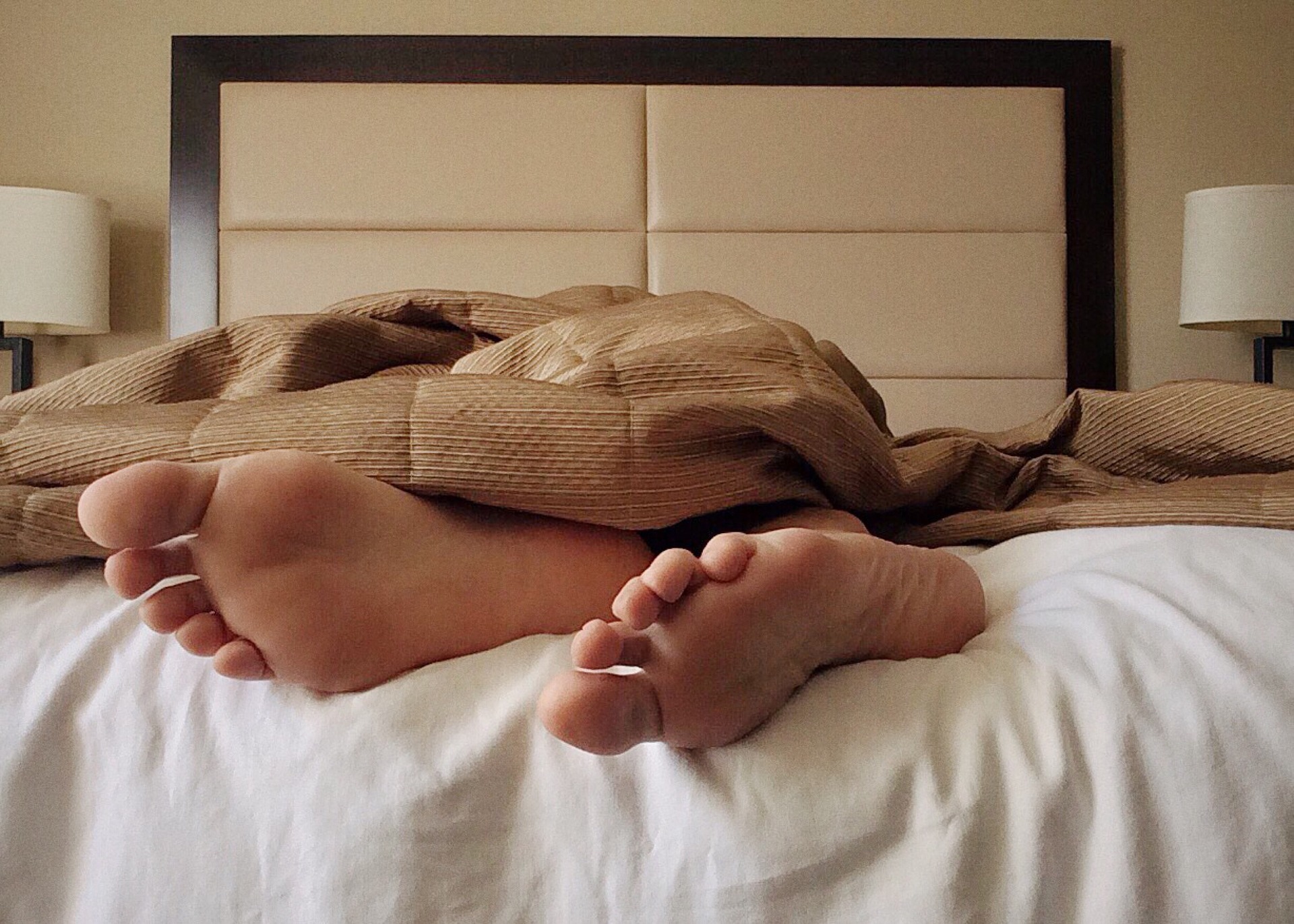
7. Is it safe to use CPAP if I don’t have symptoms of the coronavirus?
Even if you don’t have symptoms of the coronavirus, you may want to sleep and use CPAP in a separate bedroom during this public health emergency. Otherwise, you may be able to spread the coronavirus to others before you have symptoms if you do contract it at one point.
8. Distilled water is unavailable in my area. What should I use in my CPAP humidifier?
“Optimal humidifier performance requires distilled water. That’s because most or all of its minerals have been removed, preventing mineral buildup in the humidifier tub. That said, tap or bottled water may also be used. It will not harm the device or pose a risk to patients. It will, however, require more rigorous humidifier cleaning to prevent excess mineral buildup in the tub.”
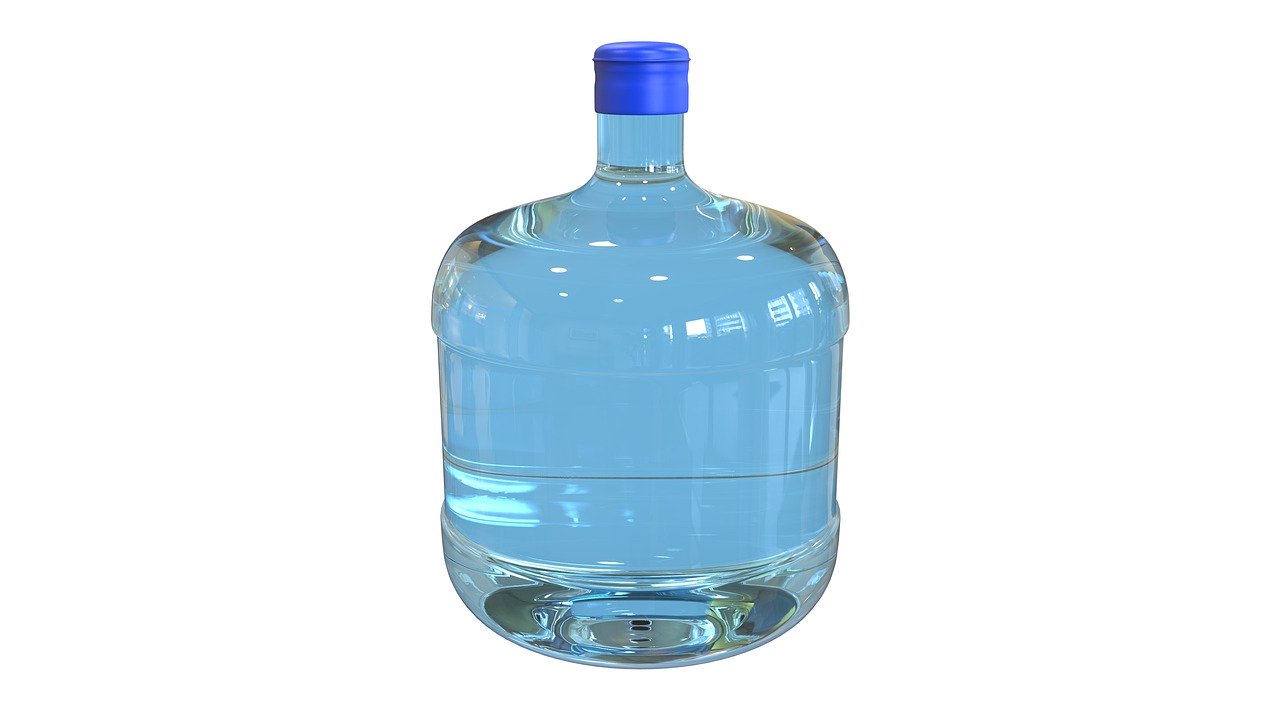
Adapted from AASM (https://aasm.org/coronavirus-covid-19-faqs-cpap-sleep-apnea-patients/ ; April 3, 2020)
